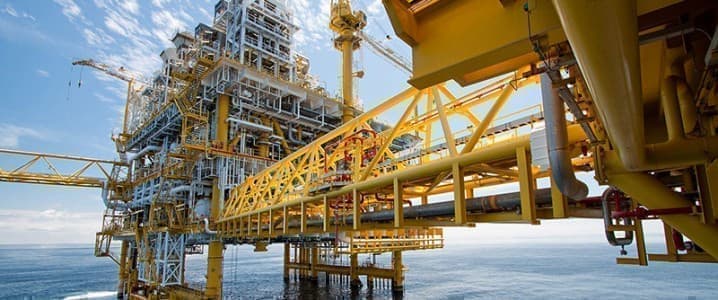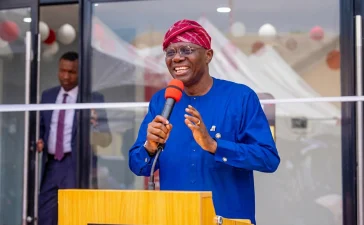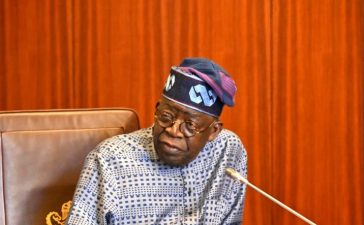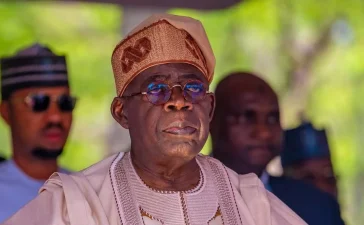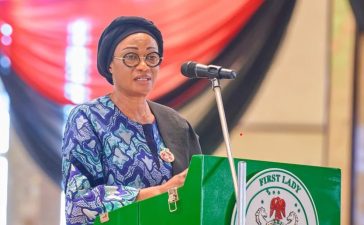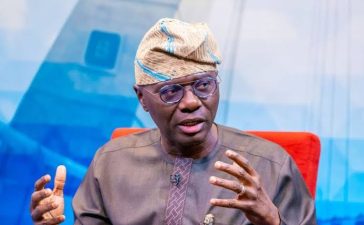The Nigerian government has announced plans to seal the Final Investment Decisions (FID) for two major energy projects, including a pioneering multibillion-dollar deepwater exploration project.
This initiative marks the first deepwater project of its kind in Nigeria in over a decade and signals a broader commitment to revitalizing the country’s energy sector.
According to Olu Verheijen, the Special Adviser on Energy to President Muhammadu Buhari, these investments are part of an ambitious strategy to position Nigeria as a global leader in energy production.
Verheijen disclosed the plans during her keynote address titled “The Future of Energy: Shaping the Workforce of Tomorrow” at the recent African Energy Week (AEW) held in Cape Town, South Africa. In her address, Verheijen outlined the government’s ongoing efforts to overhaul Nigeria’s energy sector through targeted reforms and infrastructure investments.
She emphasized that the country is now taking bold steps to move beyond outdated practices, focusing on both fossil fuels and renewable energy, as well as attracting more global investment.
“We see a Nigeria that is a leading global producer and exporter of energy – whether its fossil fuels or renewables. The outdated approaches and assumptions of the past do not hold us back. We are open, daring, and eager to leave a legacy that will stand the test of time,” Verheijen stated.
The announcement comes on the heels of Nigeria’s significant energy reforms, notably the implementation of the Petroleum Industry Act (PIA), which was passed into law after two decades of deliberations and signed into law by President Buhari in 2021.
The PIA, hailed as a historic step for the oil and gas sector, is seen as a critical framework for modernizing the industry, improving transparency, and fostering a more competitive investment environment.
Verheijen stressed that since the PIA’s passage, the country has already attracted over $1 billion in investments across various oil and gas value chains.
The deepwater exploration project, which will involve substantial foreign and domestic investments, is seen as a game-changer for Nigeria’s oil and gas industry.
Nigeria, which is Africa’s largest oil producer, has long relied on its deepwater oil fields for significant portions of its crude oil output.
However, after years of underinvestment, the government’s renewed focus on deepwater exploration and production aims to increase production capacity and maintain Nigeria’s status as a leading energy exporter.
Verheijen highlighted that the new projects align with the Nigerian government’s broader energy vision, which includes both a continued commitment to fossil fuels and a pivot towards cleaner energy sources.
The government has been actively promoting investments in renewables as part of its long-term strategy to diversify the energy mix, reduce carbon emissions, and ensure energy security for future generations.
Despite the challenges posed by global energy market shifts and the push for climate action, Verheijen remains optimistic about Nigeria’s energy future.
She pointed to the significant strides made in the past few years, including regulatory reforms, infrastructure development, and increased foreign investment.
However, she also acknowledged that there is still much work to be done to ensure that the full potential of Nigeria’s energy resources is realized, especially in the renewable energy sector.
In the coming months, Nigeria expects more announcements of similar deepwater and upstream oil and gas projects, alongside plans for a ramped-up focus on solar, wind, and hydroelectric power generation.
The Federal Government is keen to strike a balance between meeting the growing domestic energy demand and maintaining its status as a key energy exporter on the global stage.
As part of Nigeria’s strategy to address its energy needs and economic diversification goals, the country is also investing heavily in the development of a skilled workforce.
Verheijen’s comments about shaping the workforce of tomorrow reflect the government’s long-term vision to build human capital and technical expertise in the energy sector, ensuring that Nigeria can fully harness its energy potential for the benefit of its citizens and the global community.

